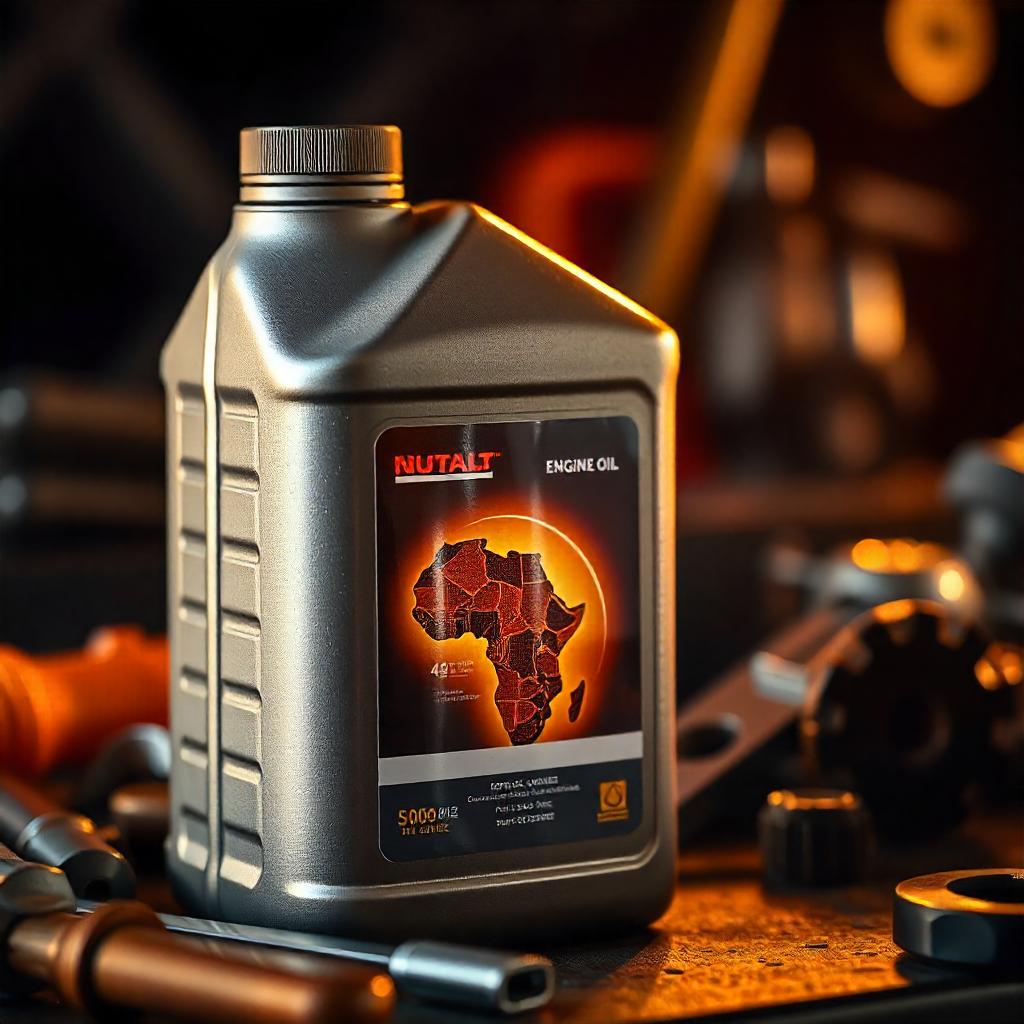Optimizing a fleet’s efficiency is essential for reducing operational costs, improving performance, and maintaining the longevity of vehicles. Using high-quality diesel fuel and engine oil is one of the most effective ways to achieve these goals. These components directly influence engine performance, fuel economy, and the overall reliability of your fleet.
Diesel fuel plays a central role in powering fleet vehicles, providing the energy needed for efficient operation. High-quality diesel fuels are designed to burn cleaner and more efficiently, reducing harmful emissions and minimizing carbon buildup within the engine. Clean combustion improves the engine’s ability to generate power while reducing the frequency of maintenance needs caused by soot and deposits.
Fuel additives included in premium diesel formulations can further enhance performance. These additives improve cetane levels, allowing for quicker ignition and smoother engine operation. They also prevent the formation of sludge and help clean fuel injectors, ensuring consistent and efficient fuel delivery.
Engine oil is equally critical in maintaining fleet efficiency. Its primary role is to reduce friction between engine components, which minimizes wear and tear. High-quality engine oils have superior viscosity and thermal stability, enabling them to perform consistently under various operating conditions. This is particularly important for fleet vehicles that often endure long hours of operation or extreme weather.
The choice of engine oil can also impact fuel efficiency. Synthetic engine oils, for instance, provide better flow properties and reduce engine resistance. This leads to less strain on the engine, resulting in lower fuel consumption. Over time, the cost savings from improved fuel economy can be substantial for fleets with multiple vehicles.
Regular oil changes using the appropriate engine oil type are vital for maintaining optimal performance. Overused or degraded oil loses its ability to lubricate effectively, which can lead to increased friction, higher operating temperatures, and reduced engine efficiency. Following a manufacturer-recommended maintenance schedule ensures that your vehicles consistently perform at their best.
High-quality diesel and engine oil contribute to fleet reliability by preventing unexpected breakdowns. Diesel fuels with anti-corrosion properties protect fuel system components, such as injectors and fuel pumps, from damage caused by water or impurities. Similarly, advanced engine oils with anti-wear additives shield internal parts, reducing the likelihood of costly repairs.
Fleet managers should consider the specific requirements of their vehicles when selecting diesel and engine oil. Factors such as vehicle type, load capacity, and driving conditions influence the choice of products. Consulting the manufacturer’s specifications ensures compatibility and maximizes the benefits of these essential fluids.
Temperature extremes can significantly affect diesel and engine oil performance. In cold climates, diesel fuel can gel, restricting fuel flow and causing operational issues. Using cold-weather diesel additives prevents this problem. Engine oils with lower viscosity grades are also more effective in cold starts, ensuring quick lubrication during initial engine operation.
In hot climates or under heavy loads, engine oil must resist thinning to provide adequate lubrication. High-temperature oils maintain their properties even under extreme heat, protecting engine components from accelerated wear and ensuring consistent performance.
Fleet optimization also involves monitoring the quality and condition of diesel and engine oil over time. Regular testing and analysis of these fluids can identify potential issues before they lead to larger problems. Contaminants, such as dirt or water, can reduce the effectiveness of diesel and oil, necessitating corrective actions like filtration or fuel treatment.
Investing in high-quality diesel and engine oil not only enhances fleet efficiency but also extends vehicle lifespan. Proper lubrication and clean combustion reduce stress on critical components, ensuring that vehicles remain operational for longer periods. This reduces the total cost of ownership and helps fleets operate more sustainably.
Advanced technologies, such as telematics and fleet management software, can further support the efficient use of diesel and engine oil.









